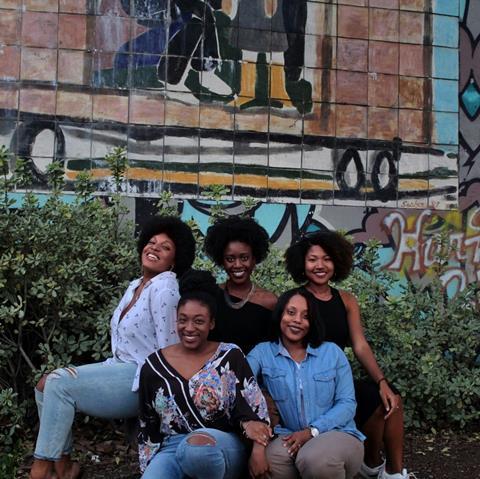‘The American Family Survey suggests that while marriage plays a significant role in combating loneliness and achieving life satisfaction, it is not the sole factor. In fact, church attendance is another key means to tackling loneliness, and this applies to all Christian women, whether married or single,’ says Ann-Louise Graham.

At first glance, the average Christian woman in the UK and the MAGA baseball cap-wearing women in the US may seem to have little in common. However, recent research suggests an intriguing twist - conservative American women are three times less likely to report feelings of loneliness compared to their liberal counterparts. Ironically, this trend could have positive implications for both married and single women in the UK.
The American Family Survey suggests that while marriage plays a significant role in combating loneliness and achieving life satisfaction, it is not the sole factor. In fact, church attendance is another key means to tackling loneliness, and this applies to all Christian women, whether married or single.
READ MORE: Book Club: Beyond Ethnic Loneliness: The pain of marginalization and the path to belonging
On the surface, the finding that church attendance can prevent loneliness may not seem particularly surprising or significant.
On the surface, the finding that church attendance can prevent loneliness may not seem particularly surprising or significant. However, this view shifts dramatically in light of research from the University of Cambridge. Their study, which analysed over 40,000 blood samples from UK participants, revealed that a lack of social interaction is literally making people sick. Specifically, the researchers discovered that loneliness is associated with the production of certain proteins linked to high cholesterol and heart disease.
Further, the U.S. study suggests that the real benefits of marriage and church attendance extend beyond merely reducing loneliness. Rather, the study implies that these women potentially experience a heightened sense of identity, direction, and community – an intriguing insight that may help explain why 37% of conservatives reported being completely satisfied with life, compared to only 12% of liberals. Statistics that held up against controls for age, education, race and income.
READ MORE: Five things I have learned about… loneliness
The findings, I believe, expose a critical weakness in the prevailing 21st-century liberal narrative that emphasizes individualism and self-actualization as the path to happiness. Self-actualization often involves comparing oneself to others, leading to a perpetual sense of inadequacy, as the Bible aptly states, “they measuring themselves by themselves, and comparing themselves among themselves, are not wise” (2 Corinthians 10:12). Similarly, a pursuit of individualism that prioritizes personal success and self-expression over community bonds can foster loneliness and a lack of belonging.
READ MORE: I got a lockdown puppy to help my mum with loneliness
One wonders how many more research studies will it take to recognize, as the Cambridge study acknowledges, that we are inherently created for relationship and community? According to the Bible, our primary purpose is to have a relationship with God, which then extends to our relationships with one another. Similarly, our identity is not ours to create but is given to us by God in Christ. Identity is, of course, crucial to finding meaning and direction in life.
The U.S. study and MAGA conservative women offer a hopeful perspective by not simply comparing marriage and singleness. Instead, the study suggests that all women can potentially feel less lonely and more satisfied in life as they find meaning and purpose within a community of believers. This is good news because it means that our identity and life direction can come from living out the gospel, regardless of marital status.



































1 Reader's comment